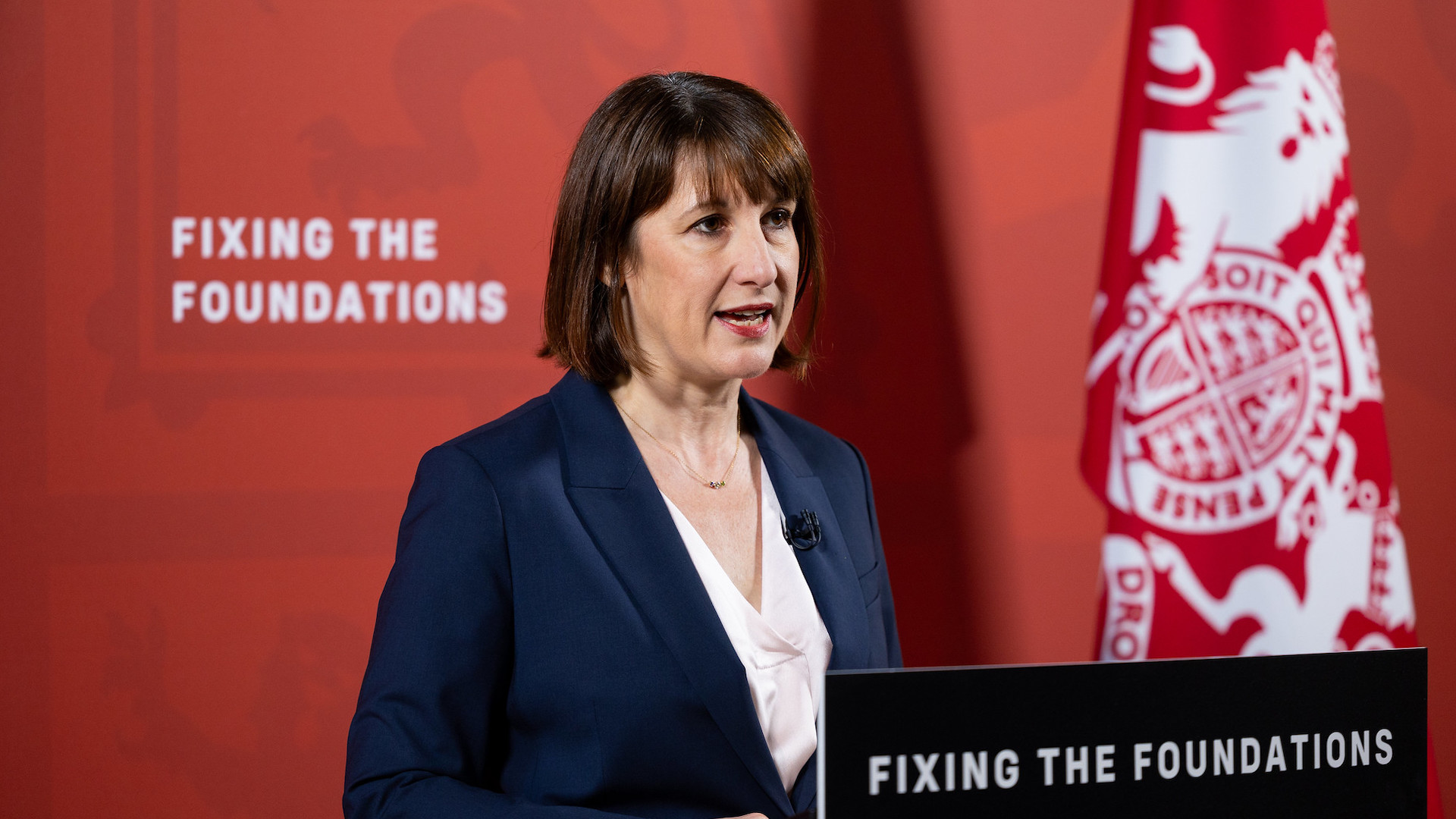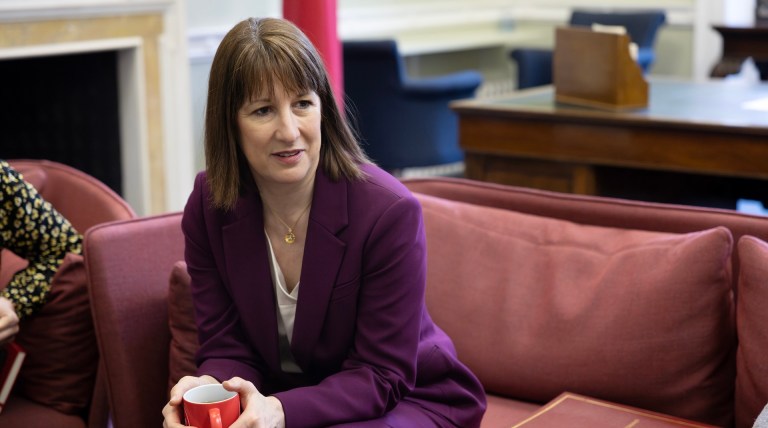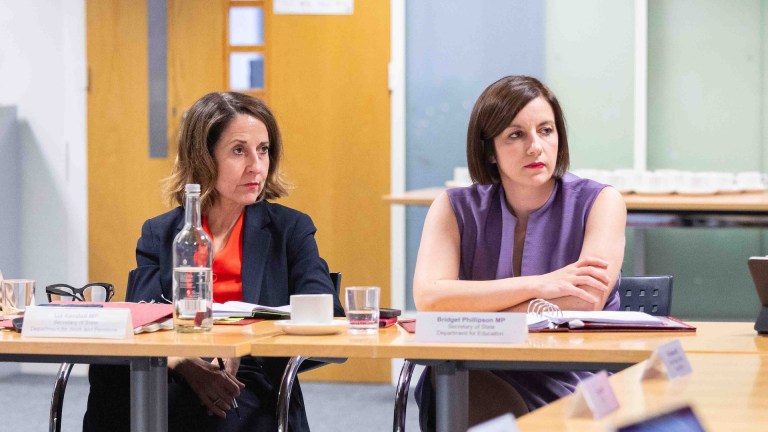Around 6.4 million people receive universal credit, government figures show, an increase of nearly a million since March 2022. Roughly 40% of people claiming the benefit already have jobs.
The way the government frames cracking down on benefits doesn’t just encourage hostility towards existing benefits claimants, the letter said, but stops people in poverty from asking for the financial support they need.
And ministers’ public attitude towards social security can directly translate to worsening material hardship for people, according to Turn2us, resulting in policies which drive people deeper into destitution and “become baked into our collective consciousness”.
Keir Starmer sparked concern earlier this year when he said benefits offer people less “dignity” than work, which prompted fears that people could be denied financial support if they do not take up work, even if they are disabled or ill.
Meanwhile, work and pensions Liz Kendall recently said she planned to send job coaches into mental health hospitals to help get inpatients back to work.
The government reportedly plans to cut the benefits bill by as much as £3bn, including through reforms to the work capability assessment – which tests someone’s eligibility for benefits – a move originally announced by Rishi Sunak’s Conservative government.
Advertising helps fund Big Issue’s mission to end poverty
The reforms could cut the incomes of, or place harsher work-search pressures on, 457,000 people within five years. But only 15,400 people will enter the workforce in that time even under stricter job search requirements, according to analysis by the Office for Budget Responsibility.
“Suggestions that the welfare bill is out of control aren’t only inaccurate; they directly contribute to harmful narratives,” the letter warned.
“The same can be said for the media’s focus on tackling benefit fraud, which criminalises the idea of seeking support before people have even taken the first step. People tell us they’re scared of making a mistake, that they feel lost and helpless, and sometimes that they’ve given up on making a claim.”
Ministers must “speak to the reality and lived experience of the many people who rely on this support” in the upcoming budget and beyond, the letter said.
“Those who face financial shocks, like losing a job or a loved one. Those who are working tirelessly to make ends meet and rely on universal credit to top up their income. And the many disabled people who overcome constant barriers but often feel unheard in debates about their finances.”
Speaking to the Observer in August, Kendall said the government would tackle the culture of blame around benefits and the people who receive them.
Advertising helps fund Big Issue’s mission to end poverty
“We are not going to write you off and blame you. We take our responsibilities seriously. We’re going to bust a gut to give you the support you need to build a better life,” Kendall said, but warned current spending on benefits is “unsustainable”.
Do you have a story to tell or opinions to share about this? Get in touch and tell us more. Big Issue exists to give homeless and marginalised people the opportunity to earn an income. To support our work buy a copy of the magazine or get the app from the App Store or Google Play.
Big Issue is demanding an end to extreme poverty. Will you ask your MP to join us?










